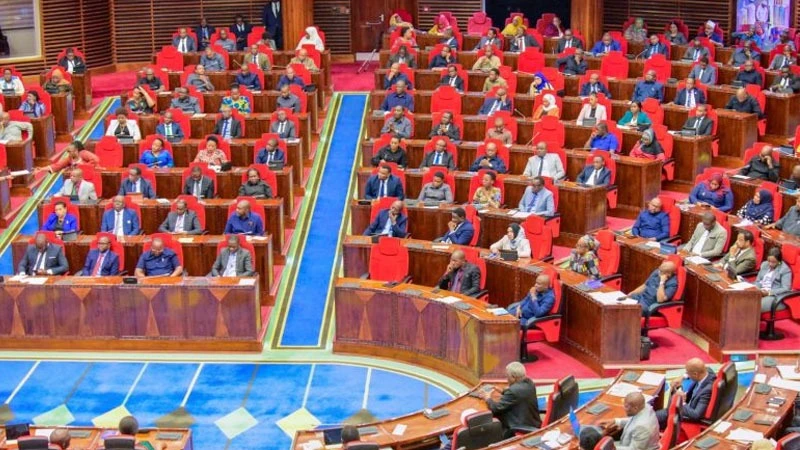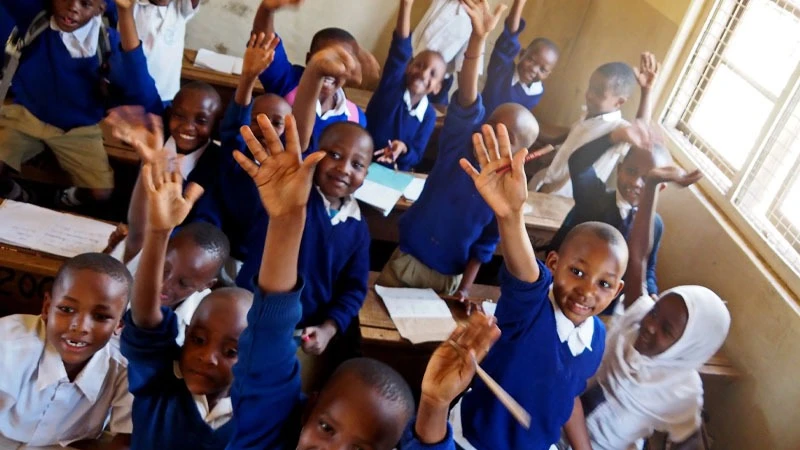Innovation, skills development call for greater demand, easier access to credit

A WAVE of radical economic thinking, as opposed to critical economic thinking, is riding high in planning echelons at the moment – though one could say it has often been so.
This is the tendency of seeing either skills or provision of capital (described as empowerment) as sufficient to uplift people from either poverty or unemployment.
For most observers, it would possibly be sufficient to say that the government is set to set up innovation and skills development units in all districts to support budding talents as a way of spurring economic growth.
This is how it is perceived, generally, but it is in reality it could prove more complicated than that.
This initiative, which corresponds with the building of technical secondary schools and vocational training centres collected, was recently given in some detail by Prime Minister Kassim Majaliwa.
He did so while gracing the climax of this year’s National Week of Education, Skills and Innovation.
At recent exhibitions, the talk was intensely directed at patenting and marketing youth technologies and innovations which, as a matter of fact, stood to face teething problems while seeking to break into the market.
Usually and virtually in any economic situation, there is no gap of needs waiting to be filled by this or that innovation which soon comes into the market, but a sufficiently catered-for environment. Still, a new product or innovation can make its way into the market, gradually at least, with the right quality and pricing aspects.
There are auxiliary bits like how one launches a product, where it is marketed and how far it will be accessible. However, these issues aren’t crucial to the potential of a product to succeed as they can be rectified if need be.
That districts and municipalities will be overseeing skills and innovation desks (SNDs) to promote creativity among young people wasn’t quite reassuring, as it is hard to see how people who aren’t in schools or colleges offering much in that regard.
It is an issue of what happens when the youths graduate with some ideas and are not employed, in which case a specialised agency could well do the job, as councils have hardly ever been good at nursing and upbringing.
To be fair to them, they could surely offer facilities for licensing or permits for setting up productive units like biogas systems, solar initiatives and the like, but hardly more.
Already much innovation has been shown recently, including at the Arusha Technical Institute, with some young people having put up drones that can carry some loads for use in irrigation.
When one thinks of a market for such things, what first comes to mind is the issue of demand – if farmers who can’t land bank loans because they have customary law land occupancy titles will be able to buy drones.
There is clamour in a number of regions that fertiliser ought to be made accessible at rock-bottom prices, and here are people talking of drones!
Even if we believe in the ‘we must run while others walk’ maxim, it is still evident that there is little chance of running with drones while the market isn’t in a walking or working mode as yet. But reform can definitely clear the way, enabling innovation grow and sell.
Top Headlines
© 2024 IPPMEDIA.COM. ALL RIGHTS RESERVED

















